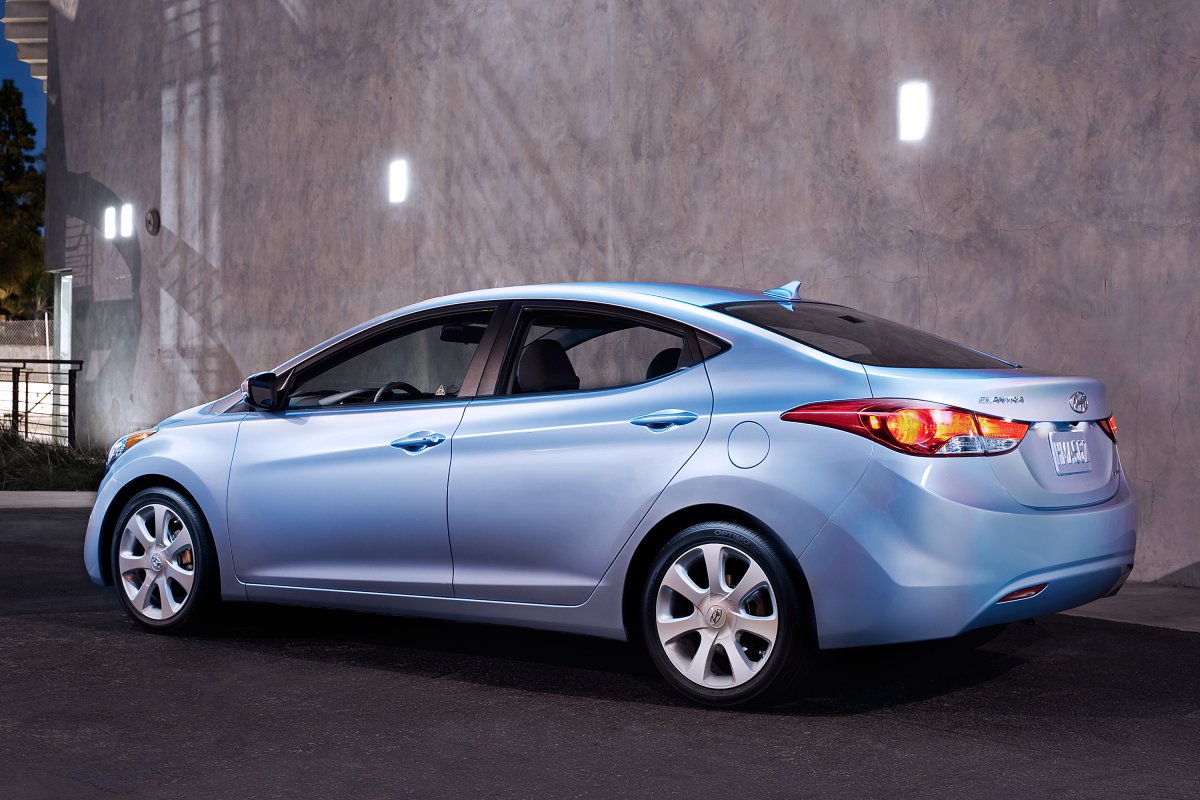The meteoric rise in thefts of Kia and Hyundai vehicles started 2021 with thieves capitalizing on the fact that a group of base model vehicles from the Korean brands did not include an engine immobilizer, which wasn’t required at the time the vehicles were produced.
They called themselves “Kia Boys” on social media, depicting themselves not only stealing cars, but also driving recklessly.
The “Kia Challenge” YouTube video by user Tommy G debuted in May of 2022. It told the story of one group of thieves who showed him how they steal Kia and Hyundai vehicles.
It went viral, first on YouTube, then on TikTok and other platforms. Those who hadn’t already heard about the trend soon did.
According to HLDI data, in 2019 Columbus, Ohio residents experienced 3,500 car thefts. It had 4,000 in the first half of 2023 and ended up with more than 10,000 total thefts. Milwaukee was about the same in 2019; when only 6 percent of stolen cars were effected Hyundai and Kia models. By 2021, the theft ring accounted for 67 percent of the crime. In two cites studied, 11 vehicles were stolen three times.
Electronic immobilizers were standard equipment on only 17 percent of 2011 Hyundai and Kia models, compared with 92 percent of 2011 models from all other brands. Kia told Newsweek that electronic immobilizers are now standard on all the companies’ models.
An immobilizer is an antitheft device installed on most modern cars that prevents them from being started unless a unique code is transmitted from the vehicle’s smart key to the car’s ignition. Car owners can check if their vehicles have a factory immobilizer installed by reading the owner’s manual.

Kia America, Inc.
In 2016 U.S. regulators changed the rules around vehicle anti-theft technology to bring them more in line with Canada’s, which did require immobilizers. However, the U.S. didn’t mandate immobilizers in that change.
Kia and Hyundai offered a temporary fix in the summer of 2021: automaker-supplied steering wheel locks. Owners were able to get them through local law enforcement or from Kia directly through the dedicated website it established for owners and lessees of those specific vehicle models.
“To date, we have distributed close to 370,000 locks nationwide and we will continue to provide them to eligible customers as needed. We have also recently developed and introduced a new hardware modification designed for vehicles not eligible for the software upgrade that reinforces the vehicle’s ignition cylinder body and prevents its removal through the method of theft promoted in videos that have spread across social media,” a Kia representative told Newsweek.
Both Kia and Hyundai implemented a software fix in February of 2023 and as of the end of the year, that free update has led to theft and vandalism claim rates being cut in half, according to a new study by the Highway Loss Data Institute (HLDI).
Those software updates must be performed at a dealership, or at one of the 30 upgrade clinics in more than 20 cities nationwide that Kia has offered so far.
While about two dozen types of 2011-22 Hyundai and Kia models are eligible for the upgrade, only 30 percent of Hyundais and 28 percent of Kias in the HLDI database have received it so far (of those that were actively insured as of December 2023). Sixty percent of all eligible vehicles still on the road have received the update, more than 1.18 million customers, according to the Kia.
Those updated vehicles have claim frequencies for both theft and vandalism 53 percent lower than vehicles that didn’t get the upgrade, according to the HLDI.

Hyundai Motor America
Those numbers include claims for damage to vehicles that were stolen and recovered, theft of vehicle parts and items stolen from inside the vehicle.
HLDI expects both vandalism and theft rates will gradually drop back in line with other brands, “as thieves learn they’re no longer so easy to steal.”
“Kia is pleased that this independent research confirms that our efforts to offer enhanced vehicle security to our customers through this software upgrade have been effective in helping to prevent criminals from using methods of theft popularized on social media to steal or attempt to steal certain vehicle models,” the Kia representative said.
The company will continue to work with social media companies to get demonstrations like these, which are in violation of the companies’ terms of service, removed from their platforms, the spokesperson said.
“We will maintain our efforts – in collaboration with law enforcement agencies nationwide and with elected officials at the federal, state, and local levels – to combat car theft and the role social media has played in encouraging it, and we remain fully committed to supporting our customers,” they said.
Kia and Hyundai owners are entitled to part of a $145 million settlement from a class action lawsuit. Those who submit claims only must be registered as the owner or lessee of the vehicle. It does not matter if the car was bought at a dealership or privately. Owners can go to Kia’s settlement site or Hyundai’s settlement site for details.















































